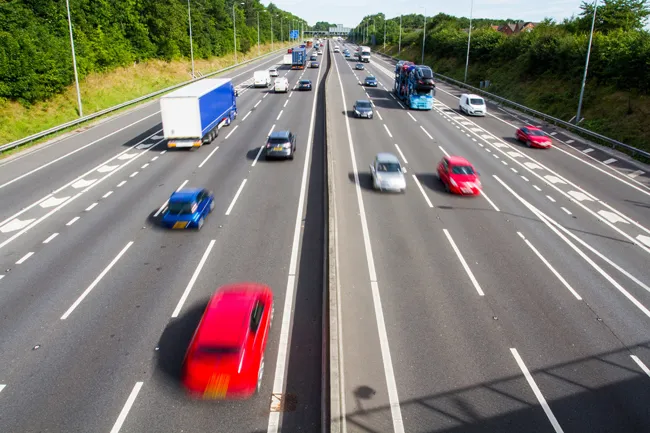In-vehicle safety technologies are being installed to new models.
By MJ Woof
October 29, 2020
Read time: 1 min

Many in-vehicle intelligent safety systems will become mandatory on new car models from May 2022 and on all existing models from May 2024. The introduction of Advanced Driver Assistance Systems (ADAS) is being highlighted by FIA Region I.
According to the FIA, drivers must understand assistance systems to benefit fully from the advantages these can offer. Laurianne Krid, director general at FIA Region I, commented: “ADAS can contribute to safer roads; however, we need to speed up the harmonisation of these systems, and educate drivers on how to use them. Lane Keeping Assist, Adaptive Cruise Control and Autonomous Emergency Braking are good friends, but drivers need to get to know them first”.
A study commissioned by FIA Region I, to be released soon, revealed that the great majority of drivers are unaware of how to operate ADAS despite these systems are already present in vehicles, and set to be mandatory soon.
The campaign has been translated in 20 languages, and will roll-out in Europe, the Middle East, and Africa.







